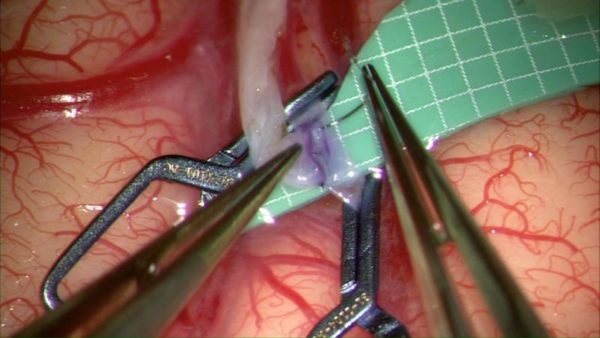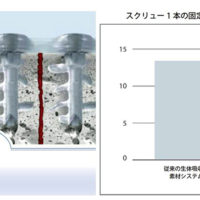当科のスタッフ、柏崎大奈先生の論文「Berlin grading systemは成人もやもや病に対する脳血行再建術の際の周術期合併症を予測できる」が、米国脳神経外科コングレスの機関誌であるNeurosurgery誌に掲載されました。
この研究は、富山大学のほか、Charite病院(ベルリン)、北海道大学との共同研究です。もやもや病の研究も国際的な枠組みの中で推進していく時代になってきました。
A Voyage to Depth of Neuroscience Vol. 35
Kashiwazaki D, Akioka N, Kuwayama N, Houkin K, Czabanka M, Vajkoczy P, Kuroda S: Berlin Grading System Can Stratify the Onset and Predict Perioperative Complications in Adult Moyamoya Disease.
Neurosurgery. 2017 Jun 10. [Epub ahead of print]
Abstract
BACKGROUND: The grading system for moyamoya disease is not established.
OBJECTIVE: To assess the usefulness of a recently proposed grading system for stratifying the clinical severity and predicting postoperative morbidity in adult moyamoya disease.
METHODS: We investigated 176 hemispheres from 89 adult patients who were diagnosed with moyamoya disease in Japan. Their data were analyzed using the Berlin grading system with minor modifications. After summarizing the numerical values for digital subtraction angiography (1-3 points), magnetic resonance imaging (0-1 points), and single-photon emission computed tomography (0-2 points), 3 grades of moyamoya disease were defined: mild (grade I) = 1 to 2 points, moderate (grade II) = 3 to 4 points, and severe (grade III) = 5 to 6 points. In total, 82 of 161 hemispheres underwent superficial temporal artery to middle cerebral artery anastomosis and indirect synangiosis. Postoperative neurological morbidity was included within 30 d after surgery.
RESULTS: Preoperative examinations categorized 87 hemispheres as grade I, 39 as grade II, and 50 as grade III. There was a significant correlation between the Berlin grading system and clinical severity ( P < .001). Perioperative complications occurred in 12 of 82 (14.6%) hemispheres, including transient ischemic attack in 3 hemispheres, ischemic stroke in 4 hemispheres, symptomatic hyperperfusion in 4 hemispheres, and intracerebral hemorrhage in 1 hemisphere. The Berlin grading system was related to their occurrence ( P < .001).
CONCLUSION: The Berlin grading system facilitates the stratification of clinical severity and predicting postoperative neurological morbidity in adult moyamoya disease, thereby suggesting its general usage in clinical practice.










